
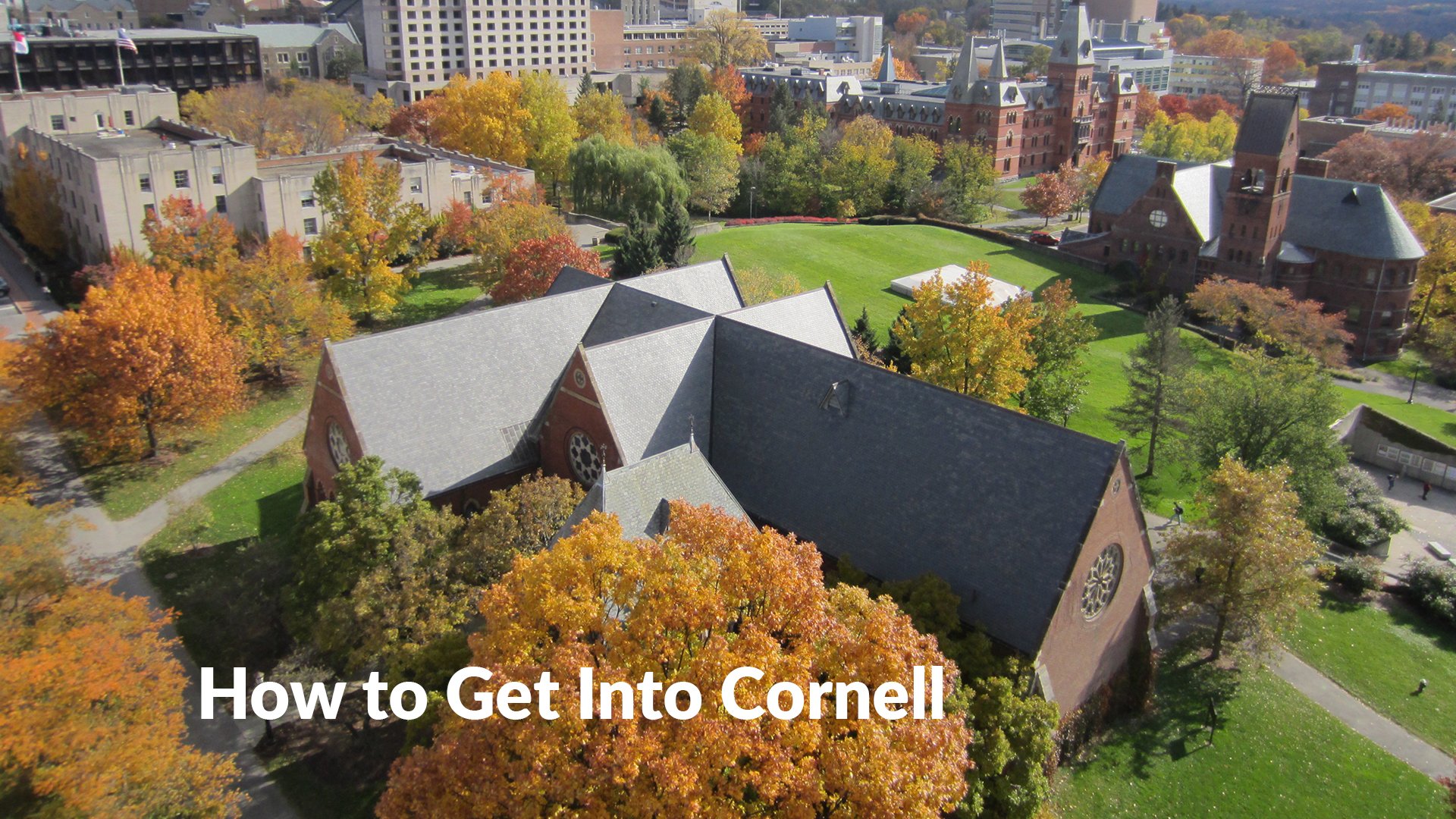
How to Get into Cornell
PADYA PARAMITA
May 14, 2019
SHARE ON
How to Get into Cornell
In an admissions cycle where we saw ridiculous falls in acceptance rates, Cornell University actually saw a rise for the first time in four years during 2019, admitting 10.6% of its applicants. While Cornell was the only Ivy League school this year with an acceptance rate in double digits, it was also the Ivy which received the most applications, with 49,118 students competing for spots.
Don’t start searching how to get into Cornell on the internet simply because it might appear less selective than other top schools: admission into Cornell is by no means easy. Almost 90% of students still got rejected or waitlisted! Just like any of the schools on your college list, your reasons for applying to Cornell should be driven by a genuine interest in this prestigious institution.
Cornell wants students who are eager to be academically challenged, and who bring strong character values – honesty, integrity, empathy, and open mindedness. Impressive numbers are not enough – 82.8% of Cornell’s incoming freshmen in 2018 graduated at the top of their class. Admissions officers look for applicants who actively pursue their passion as leaders in extracurricular activities and community involvement. At the end of the day, you must convince admissions officers through your application that you are the right fit for Cornell, and vice versa. In this blog I have elaborated on how to get into Cornell by outlining the different schools within Cornell, the grades and extracurriculars you need for admission, how to enhance your personal statement, the different supplemental essays for each Cornell college, and overall tips to help you stand out as a must-admit candidate for this very competitive school.
The Different Cornell Colleges
Cornell University is located in Ithaca, New York, a city home to three state parks and Cayuga Lake. Cornell’s campus itself overlooks the city and the lake, and is bound by two gorges, Fall Creek Gorge and Cascadilla Gorge. Many of Cornell’s buildings – including the Andrew Dickinson White House, Bailey Hall, and the Computing and Communications Center – are listed on the National Center of Historic Places as historic landmarks.


Before we examine how to get into Cornell and the application process itself, it’s important to know which of the seven undergraduate schools within Cornell you want to apply to. When you apply to Cornell through the Common Application or the Universal College Application, you have to choose one of its seven schools, instead of applying to Cornell as a whole. This presents a lot of options! Cornell is known for unique degree programs. Your choice should depend on your academic interests and strengths, as well as your future career goals.
You won’t be allowed to change your choice once you’ve applied, so think very carefully and make an informed decision. Check out this list of the schools within Cornell, along with the type of students they look for and the programs available:
- College of Agriculture and Life Sciences – In this program very unique to Cornell, students pick a major when they apply to the College of Agriculture and Life Sciences (CALS) and immediately set off in their chosen department. Not a lot of colleges specialize in life sciences for undergraduates, with majors such as Animal Science, Food Science, and Entomology (the study of insects!). You have the option to pick from 20 different majors in natural and human systems, food, energy and environmental resources, and social, physical, and economic well-being. If you are interested in multiple majors, you can also enter undeclared. CALS students have the opportunity to conduct hands-on research in labs, fields, and greenhouses mentored by some of the best life sciences faculty in the country. CALS seeks students who want to apply their classroom knowledge to tackle the biggest health, economic and environmental issues, and make a difference in the world.
- College of Architecture, Art, and Planning – The College of Architecture, Art, and Planning (AAP), as the name suggests, offers undergraduate students the chance to pursue one of three different programs – Architecture, Art, or City and Regional Planning. If you’re interested in delving deeper into the application of art and science of design through theoretical training and studio experiences, this is the school for you. Students are encouraged to bring a passion for critical thinking, technical creativity, and a curiosity about the many forms of built culture. Portfolios displaying previous work are required if you’re applying for the Architecture or Art programs, so get started on this early!
- College of Arts and Sciences – If you have a wide range of interests and want to take classes from various departments to find the right major, this is the college for you. Cornell’s College of Arts and Sciences boasts a breadth of academic programs, career prospects, and research opportunities. You can pursue a combination of unique majors such as Statistical Science and Archaeology, or minors such as Computing in the Arts, Inequality Studies, and Crime, Prisons, Education, & Justice. Admissions officers look for independent, creative, and diverse thinkers who are motivated, inspired, and sincere.
- Cornell SC Johnson College of Business – The Johnson College is ideal for applicants seeking a flexible, collaborative, and cross-disciplinary approach to business. Students applying to the Johnson College choose one of two routes – the School of Hotel Administration, or the Dyson School of Applied Economics and Management. The School of Hotel Administration, the most prestigious hotel school in the world, caters to students who are interested in learning how to facilitate connections through the business of hospitality. In this highly career-oriented school with a strong alumni network, students learn about marketing, finance, real estate, and more. The Dyson School, meanwhile, is part of both CALS and the College of Business, thus immersing students in courses about food and agricultural economics, management, environmental and resource economics, and international and development economics. If you’re interested in business for the greater good, this is the path for you.
- College of Engineering – This one is pretty straightforward – if you’re interested in engineering, apply to Cornell’s College of Engineering! Cornell Engineering provides students with hands-on engineering experience through collaborative project teams, research opportunities, and public engagement by helping engineer services for the local community. Students wishing to apply to this school are required to take four units of math in high school (including one in calculus), 1 unit of physics, and 1 unit of chemistry, along with a recommended course in computer science and 1 unit of biology. Admissions officers look for up and coming engineers who are motivated, collaborative, and compassionate.
- College of Human Ecology – The programs in the College of Human Ecology will teach you to prioritize collaborative innovation and public engagement in your undergraduate education. The college helps students apply the curriculum to real world issues through off-campus programs, paid research, and independent studies. You can choose from the nine undergraduate programs: Design and Environmental Analysis, Fashion Design and Management, Fiber Science, Global and Public Health Science, Healthcare Policy, Human Biology, Health and Society, Human Development, Nutritional Sciences, and Policy Analysis and Management.
- School of Industrial and Labor Relations – The School of Industrial and Labor Relations is another Cornell college offering courses catered to very specific career goals. The ILR school offers unique undergraduate programs that focus on the social sciences, particularly work, employment issues, and labor practices. Attending this school prepares students for a career in a multitude of fields: business, economics, government, history, international relations, labor relations, law, public policy, and social justice. Admissions officers seek applicants who are passionate about best practices in the workplace, informing employment and labor policy, and improving working lives.
The competitiveness of each Cornell school varies based on the demand and number of seats. Below is the acceptance rate for each college at Cornell to help you get a clearer idea of the selectivity:
| School | Acceptance Rate |
|---|---|
| College of Agriculture and Life Sciences | 11.5% |
| College of Architecture, Art, and Planning | 11.4% |
| College of Arts and Sciences | 10.9% |
| Dyson School of Economics & Management | 2.9% |
| School of Hotel Management | 21% |
| School of Engineering | 9.6% |
| College of Human Ecology | 17.0% |
| School of Industrial and Labor Relations | 15.9% |
It’s clear from the table that some schools – such as Dyson – are far more competitive than the other schools, since not many schools offer undergraduate business programs. So, when thinking about which Cornell school you want to apply to, think about the acceptance rate variations as well.
Don’t let the acceptance rates fool you. If you apply to the hotel school because it has a higher acceptance rate with the intention to transfer to CALS, you are going to have a very hard time. Apply to the school that you believe is best suited for your goals. Transferring between schools within Cornell is not easy!
Numbers
If you’re wondering how to get into Cornell, prepare yourself to work extremely hard throughout high school in terms of grades, test scores, and extracurriculars. The standards for accepted students are high to say the least! The average GPA for admitted students is 3.9 out of a 4.0 scale, so you have definitely got your work cut out for you. If you’re planning to apply to Cornell Engineering, taking easier algebra classes is not going to reflect well on your application. You need to enroll in challenging STEM courses and excel in them for admissions officers to take note of your academic strengths.
Cornell requires that you submit either your SAT or your ACT scores. Standardized test scores are easily comparable in the applicant pool, so a low SAT or ACT score will put you below the pack. The average SAT range for Cornell is 1390-1540, while the ACT median range is 32-34. Scoring within or above these numbers will put you at Cornell’s academic threshold. Make sure to study hard for the test, and if you take the SAT, take advantage of Cornell’s score choice policy: Cornell considers the highest section scores across test dates.
If you are applying to the College of Arts and Sciences, Cornell requires two SAT subject tests of your choice. If you are applying to Cornell Engineering, you are required to take a math (take Math II to be more competitive!) and a science subject test. For all of the other schools at Cornell, subject tests are not required, but considered if you submit them. With this policy, there’s no need to send your scores if they aren’t where you want them to be. That being said, know that most applicants in the Cornell applicant pool will have strong subject test marks. Excelling in them can help you compete, and show the admissions officers your strength in a subject. For example, if you do well on the Biology or Chemistry subject test, it would look good on your CALS application.
If you’re applying for the Landscape Architecture major within CALS, or the Architecture or Art programs in AAP, you are required to submit a portfolio. If you are a prospective Design and Environmental Analysis or Fashion Design and Management student at the College of Human Ecology, you must submit a design supplement. Your portfolio or supplement must showcase what makes your pieces unique, and contain your strongest work. You will be going up against the best of the best!
Extracurriculars
Even if you’re not an artist, your talents and interests outside the classroom matter. Remember, Cornell rejected or waitlisted almost 45,000 students this year – a lot of them were probably top of their class with amazing SAT scores. You have to prove that you could be an asset to Cornell outside the classroom as well. While it’s okay to start out by trying different activities, start focusing on one or two areas of interest as you develop your goals. Maintaining a consistency in your extracurriculars helps you develop an application persona, or a theme that sets your application apart. You could be a violinist who wants to compose music for films in the future. Your application persona could be an aspiring zoologist who is passionate about wildlife photography. Or, you could be a future teacher who has founded a tutoring program for underprivileged youth in your city.
Cornell is not looking for a jack-of-all-trades who participates in numerous activities just for the sake of their college applications. Cornell admissions officers look for proven community leaders who have pursued and developed their skills and talent over the years. Being just a member of every club in your school won’t look good on your Cornell application – it will present you as a confused individual who lacks passion. Instead, take the time to find what you care about and establish yourself as a leader in that activity.
Taking initiative and starting your own club or organization would look great on your Cornell application, especially when aligned with the specific Cornell school you’re applying to. If you’re interested in studying Fashion Design at Cornell’s College of Human Ecology, why not design your own clothing? If you’re hoping to major in Food Science at CALS, why not start your own bakery? Tangible achievements such as showing the number of followers your food Instagram has reached, or the number of dresses you’ve successfully made or sold, would help admissions officers understand your impact.
Personal Statement
When wondering how to get into Cornell, remember that Cornell looks for students who are honest, open-minded, and empathetic. They want someone who is involved in their community, works with integrity, and isn’t afraid to take initiatives. Your personal statement is a great way to emphasize your character to demonstrate that you belong at Cornell. In 650 words, you can tell admissions officers your story. Brainstorming can go a long way to help you find the perfect topic and set you on your way to a brilliantly written personal statement. Don’t forget to edit as much as possible once you’re done with your first draft.
Supplemental Essay
If you’re thinking about how to get into Cornell, you probably have specific reasons for why the opportunities at Cornell grab you. While the other parts of your application highlight why you’re a good fit for Cornell, the supplemental essays are geared more towards showcasing why Cornell is a good fit for you. You have to answer one supplemental essay question within the generous limit of 650 words, and the prompt is different depending on which Cornell college you apply to. With a word limit as long as the personal statement, your supplement should be well-developed! The supplemental essay prompts for each of the schools are outlined below:
- College of Agriculture and Life Sciences: Why are you drawn to studying the major you have selected? Please discuss how your interests and related experiences have influenced your choice. Specifically, how will an education from the College of Agriculture and Life Sciences (CALS) and Cornell University help you achieve your academic goals?
- College of Architecture, Art, and Planning: What is your “thing”? What energizes you or engages you so deeply that you lose track of time? Everyone has different passions, obsessions, quirks, inspirations. What are yours?”
- College of Arts and Sciences: Students in Arts and Sciences embrace the opportunity to delve into their academic interests, discover new realms of intellectual inquiry, and chart their own path through the College. Tell us why the depth, breadth, and flexibility of our curriculum are ideally suited to exploring the areas of study that excite you.
- Charles H. Dyson School of Applied Economics and Management: Affiliated with both the Cornell SC Johnson College of Business and the College of Agriculture and Life Sciences, The Charles H. Dyson School of Applied Economics and Management is unique by design. Explain how our approach to business education is the right fit for you, and how your interests, experiences or goals will contribute to the unique composition of the entering class.
- School of Hotel Administration: The global hospitality industry includes hotel and foodservice management, real estate, finance, entrepreneurship, marketing, technology, and law. Describe what has influenced your decision to study business through the lens of hospitality. What personal qualities make you a good fit for SHA?
- College of Engineering: Cornell Engineering celebrates innovative problem-solving that helps people, communities… the world. Consider your ideas and aspirations and describe how a Cornell Engineering education would allow you to leverage technological problem-solving to improve the world we live in.
- College of Human Ecology: How have your experiences influenced your decision to apply to the College of Human Ecology? How will your choice of major impact your goals and plans for the future?
- School of Industrial and Labor Relations: Tell us about your intellectual interests, how they sprung from your course, service, work or life experiences, and what makes them exciting to you. Describe how ILR is the right school for you to pursue these interests.
The questions at the root of the majority of these prompts is simple: what are you interested in studying? What are your future goals? How will the particular Cornell school you’re applying to help you achieve your goals? An exception is the prompt for the School of Architecture, Art, and Planning, which asks for your “thing,” which should be cohesive with your activities and goals.
As for the other prompts, the perfect answer may not come to you immediately, and that’s okay. Go through the college website, browse its social media pages, talk to current students. The key to answering the prompt lies in being as specific as possible in showing that you have done your research, and are confident in choosing the college that is right for you. With so many programs available at Cornell, showing clear motivations for the path you’ve selected is all the more important. What you choose should also be in line with the rest of your application. Don’t say that you really want to be an engineer, and then apply to the College of Arts and Sciences – admissions officers would be able to tell within seconds that you are opting for what you might think is a less competitive school.
Instead of trying to write what you think the school wants to hear, write openly and honestly about yourself. Think about what the Cornell school you have chosen offers, what your own goals are, and how these combine. Talk about how a major – or two if you’re interested in multiple disciplines – would help you achieve your goals. Mention specific faculty members, courses, and clubs that can help enhance your experience and expand your knowledge on the subjects. Write about what separates that particular school from its competitors – why do you want to go to the Dyson school, for example, over other undergraduate business schools?
Convince admissions officers that you’re not just applying to Cornell for the sake of wanting to go to an Ivy League school, and it’s currently the least selective. Your research and interest in the specific college and Cornell as a whole must shine through in your supplemental essay. Don’t throw in vague statements like “Cornell is wonderful” without explaining further. Everybody can do that, but not everybody can get into Cornell. Reflect on how Cornell stands out to you, and how the unique Cornell college you’re applying to would be great for you and your aspirations.
Excelling in one application component isn’t enough. Your Cornell application is an accumulation of your grades, scores, extracurriculars, and essays. Pushing yourself to do your best in all areas will give you an edge over the heavy competition at Cornell.
Requirements and Deadlines
When thinking about how to get into Cornell, you must make a note of all its requirements and deadlines.
The Early Decision (ED) deadline for Cornell is November 1, and the Regular Decision (RD) deadline is January 2. Along with submitting all the necessary application materials, the Architecture program at AAP requires an interview, which must be completed no later than November 1 for Early Decision applicants and January 2 for Regular Decision applicants.
Knowing these dates can help you make a game plan for filling out the Common App or the Universal App, finishing your personal statement and supplements, taking and retaking standardized tests, and talking to your counselor and recommender writers. The materials you need to submit for your Cornell undergraduate application are outlined below, along with deadlines, specific requirements for each school when applicable, and any additional notes:
| Requirements for Cornell Application | Deadlines and Notes |
|---|---|
| Personal statement | The Common App limit is 650 words |
| Cornell-specific essay | This will appear when you add Cornell as a school on the application system |
| School report | This is submitted by your counselor to summarize your academic performance, including your official transcript |
| Official high school transcript | Must be submitted directly from your school |
| Counselor recommendation | This letter is very important to help you stand out from your peers |
| Two (2) letters of evaluation from teachers | These letters are also crucial, as admissions officers want to know what you are like in the classroom |
| Early decision agreement (if applicable) | Early Decision (ED) to Cornell is binding, so if you apply ED, you agree to join if accepted |
| Mid-year report | For ED deferral and Regular Decision (RD), this should be submitted whenever your mid-year grades are available |
| SAT or ACT | The last tests students can take for ED are the October ACT and November SAT and the last tests students can take for RD are the February ACT and December |
| SAT subject tests | The last tests students can take for ED are during the November session and the last tests students can take for RD are during the December session |
| Architecture portfolio | Due November 1 for ED, and January 2 for RD |
| College of Human Ecology design supplements (if applicable) | Due November 1 for ED, and January 2 for RD |
| Financial aid documents | If you are applying for financial aid, the CSS Profile and FAFSA are due November 21 for ED, and February 15 for RD |
Use the table as a checklist to make sure you submit all of the necessary documents and scores. Once you’ve submitted your application, Early Decision applicants are notified by Cornell in mid-December, while Regular Decision applicants are notified in early April.
Next Steps
- Apply Early Decision – Statistically speaking, applying ED can increase your chances of admission. 6,159 students applied Early Decision for the Class of 2023, which is a significantly smaller number of students than the Regular Decision number. 22.6% of the applicants were accepted, and made up over one-fifth of the entire class. Although this rate is inflated by recruited athletes and legacies, applying ED can still provide an advantage. After thorough research and possible visits, if you are 100% certain that Cornell is in fact the school for you (remember, acceptance is binding), go ahead and apply Early Decision. Competing against a smaller application pool increases your chances of admission.
- Choose the College that is Right for You – Don’t apply to The Dyson School or Cornell Engineering if you don’t see yourself in business or engineering. Don’t apply to the Fashion Design and Management program at the College of Human Ecology spur of the moment because it sounds cool. At the same time, if you are interested in Food Sciences, and apply to the College of Arts and Sciences instead of CALS, admissions officers can easily see through your lack of conviction and may suspect a search for an ‘easier’ route. Remember, you can take courses in any of the Cornell schools once you’ve been accepted. But make sure you choose a program that can prepare you for the career path that genuinely interests you.
- Schedule an Interview – Although interviews are only required for the Architecture program at AAP, they are recommended for the Art program at AAP and optional for the School of Hotel Administration. Moreover, you can also opt for an interview by contacting whichever Cornell school you are applying to, even if they aren’t required. Interviews add color to your application. They help admissions officers understand you even further through the added layer of getting to hear you actually talk about your passions, plans, and interest in Cornell. This is a chance for you to impress officers through your personality and charisma, so if you are able to book an interview, absolutely do so.
The question of how to get into Cornell cannot be answered in one or two sentences. Realistically, the odds are already stacked against you because of the sheer number of excellent candidates applying to the school. But, if you make the effort to stand out in your classes, achieve high SAT/ACT scores, and build yourself up as a leader in your community, you will be able to make a strong case for yourself. Your essays can further boost your commitment to your passion, and the supplemental essay should top this all off by emphasizing your interest in the Cornell college you’re applying to. It’s far from easy, but once you’re on the right track, it’s not impossible. Good luck!
Tags :applying to college,college admissions process,getting into an ivy league school,how to get into the ivy league,how to get into cornell,cornell university
Schedule a free consultation
to find out how we can help you get accepted.
INGENIUS PREP
- Visit: 50 Mitchell Drive, Suite 104
New Haven, CT 06511 - Email: contact@ingeniusprep.com
- Phone: 800.722.3105

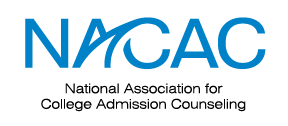
WHO WE ARE
WHAT WE DO
- Medical School Admissions
- College Admissions
- Law School Admissions
- Business School Admissions
- Graduate School Admissions
- Career Counseling
- Private High School Admissions






Skip to main contentCornell University
DirectoryGive to the CollegeKeyword SearchSEARCH KEYWORDSSearchFull Menu
Main navigation: Slideout
- COVID-19 & CHEExploreCOVID-19 & CHE
- About the CollegeExploreAbout the College
- Up to Main Menu
- ABOUT THE COLLEGE
- Strategic Visioning AY21
- Mission & Vision
- AdministrationExploreAdministration
- Up to About the College menu
- ADMINISTRATION
- CommunicationsExploreCommunications
- Computing
- FacilitiesExploreFacilities
- Budget and Finance
- GovernanceExploreGovernance
- Human ResourcesExploreHuman Resources
- Up to Administration menu
- HUMAN RESOURCES
- Applying for a job at the College of Human Ecology
- CHE Community Casual List Serve
- COVID-19 Resources
- HE Connect – CHE Community News and Information
- Perks and Discounts
- Work From Home Ergonomics Resources
- Statement of Contribution to Diversity, Equity, and Inclusion for Academic Applicants
- CHEERExploreCHEER
- Records Management
- Directions
- People Directory
- Diversity, Equity and InclusionExploreDiversity, Equity and Inclusion
- History
- Departments
- AcademicsExploreAcademics
- Up to Main Menu
- ACADEMICS
- Academic Departments
- Entrepreneurship
- Undergraduate Degree Programs
- Graduate Degree Programs
- Academic Policies and ProceduresExploreAcademic Policies and Procedures
- Off-Campus StudyExploreOff-Campus Study
- AdmissionsExploreAdmissions
- Up to Main Menu
- ADMISSIONS
- UndergraduateExploreUndergraduate
- Up to Admissions menu
- UNDERGRADUATE
- Choosing Human Ecology
- Prospective First Year StudentsExploreProspective First Year Students
- Prospective Transfer StudentsExploreProspective Transfer Students
- Required courses for transfers
- Visiting Student Status
- FAQ
- Design SupplementsExploreDesign Supplements
- Graduate
- Visiting the College
- Student LifeExploreStudent Life
- Up to Main Menu
- STUDENT LIFE
- COVID-19 Career Exploration, Development, and Planning
- New Student Orientation Information
- New Student Orientation Schedule
- Student Stories
- New Students
- Advising and Counseling
- Career Development
- Leadership and EngagementExploreLeadership and Engagement
- Multicultural Programs
- Student Development
- Student Organizations
- HEAA Student Grants
- ResearchExploreResearch
- Public Engagement
- Directory
- Alumni
- News & Announcements
- Events
- Spotlights
↑Explore Human Ecology Departments and Centers
Main Navigation: Header
- COVID-19 & CHE
- About the College
- Departments
- Academics
- Student Life
- Research
- Public Engagement
- Admissions
- Alumni
Admissions

Explore This Section
- COVID-19 & CHEExploreCOVID-19 & CHE
- About the CollegeExploreAbout the College
- Up to Main Menu
- ABOUT THE COLLEGE
- Strategic Visioning AY21
- Mission & Vision
- AdministrationExploreAdministration
- Up to About the College menu
- ADMINISTRATION
- CommunicationsExploreCommunications
- Computing
- FacilitiesExploreFacilities
- Budget and Finance
- GovernanceExploreGovernance
- Human ResourcesExploreHuman Resources
- Up to Administration menu
- HUMAN RESOURCES
- Applying for a job at the College of Human Ecology
- CHE Community Casual List Serve
- COVID-19 Resources
- HE Connect – CHE Community News and Information
- Perks and Discounts
- Work From Home Ergonomics Resources
- Statement of Contribution to Diversity, Equity, and Inclusion for Academic Applicants
- CHEERExploreCHEER
- Records Management
- Directions
- People Directory
- Diversity, Equity and InclusionExploreDiversity, Equity and Inclusion
- History
- Departments
- AcademicsExploreAcademics
- Up to Main Menu
- ACADEMICS
- Academic Departments
- Entrepreneurship
- Undergraduate Degree Programs
- Graduate Degree Programs
- Academic Policies and ProceduresExploreAcademic Policies and Procedures
- Off-Campus StudyExploreOff-Campus Study
- AdmissionsExploreAdmissions
- Up to Main Menu
- ADMISSIONS
- UndergraduateExploreUndergraduate
- Up to Admissions menu
- UNDERGRADUATE
- Choosing Human Ecology
- Prospective First Year StudentsExploreProspective First Year Students
- Prospective Transfer StudentsExploreProspective Transfer Students
- Required courses for transfers
- Visiting Student Status
- FAQ
- Design SupplementsExploreDesign Supplements
- Graduate
- Visiting the College
- Student LifeExploreStudent Life
- Up to Main Menu
- STUDENT LIFE
- COVID-19 Career Exploration, Development, and Planning
- New Student Orientation Information
- New Student Orientation Schedule
- Student Stories
- New Students
- Advising and Counseling
- Career Development
- Leadership and EngagementExploreLeadership and Engagement
- Multicultural Programs
- Student Development
- Student Organizations
- HEAA Student Grants
- ResearchExploreResearch
- Public Engagement
- Directory
- Alumni
- News & Announcements
- Events
- Spotlights
Breadcrumb
INFORMATION FORProspective First-Year StudentsProspective Transfer StudentsProspective Graduate Students
The College of Human Ecology is pioneering the study of human life from scientific, social and design perspectives. Using a blend of academic disciplines and a global perspective, our students and faculty use their knowledge to identify, explore and develop solutions to the challenges facing people today. Students learn not only to serve people, but to understand and analyze the complex relationships and institutions that shape their lives.
Choosing Human Ecology
Human Ecology’s academic programs are flexible, profoundly interdisciplinary and framed in a liberal arts based foundation. All programs provide students with a firm grounding in contemporary issues, as well as in the social, natural and physical sciences and design. Our students delve into biology and chemistry, economics, psychology and sociology, and apply their expertise in fields such as business, design, health/medicine, law, nutrition, public health, public policy and research.
Community connections
Our community is comprised of outwardly-focused and inwardly-motivated students who are actively and intellectually engaged in communities. They appreciate multiple perspectives and global experiences and are unafraid to take a novel approach to creating a better world through social and systemic change.
Breadth of study
Here, professors and students collaborate to understand a broad range of issues such as the financial impacts of tax legislation and social security reform, the design of safer and more sustainable work spaces, the social and physical repercussions of obesity in children and adults, educational policy, how our healthcare system can accommodate our aging population and more.
The best of large and small institution experiences
Located in beautiful Upstate New York, our mid-sized college is home to approximately 1,250 undergraduates, 200 graduate students and over 100 full-time faculty. Students enjoy the resources of an Ivy League research university and the advantages of a smaller school.
GET TO KNOW USFlip through our Viewbook*Is Human Ecology right for you?Visit us
CONTACT US
Due to COVID-19 and related policies put forward by Cornell University, the College of Human Ecology Office of Undergraduate Admissions is closed to foot traffic. Please direct all questions to humec_admissions@cornell.edu, as we are not currently available by phone.
Our hours of operation are 9:00 a.m. – 4:00 p.m. Monday through Friday. We are closed on Saturdays and Sundays as well as during Cornell University breaks and University observed national holidays.
Virtual Visits
In addition to our recorded information sessions and Ask Cornell: College of Human Ecology, the CHE Office of Undergraduate Admissions has planned a series of CHE Live (online) events for prospective undergraduate students. Join us for information and Q&A sessions with Admissions Staff and current undergraduate students. We have also compiled a variety of resources to help you get to know us.
Email a Human Ecology Undergraduate Ambassador
Have questions about undergraduate student life? Email our Human Ecology Ambassadors, a group of current Human Ecology students who can answer questions about life in the college and at Cornell University.
Meet Ezra
ExploreMeetEzra for answers to your FAQs about the College of Human Ecology and undergraduate admissions.
Financial Aid
Direct undergraduate financial aid questions to the Cornell University Office of Financial Aid and Student Employment.
Graduate admissions information
Direct graduate program inquiries to a graduate program administrator.
Stay in Touch
Join the University’s contact list to receive emails, electronic invitations to programs, and important admission updates. Select “Human Ecology” in the “College Interests” section at the bottom of the form.
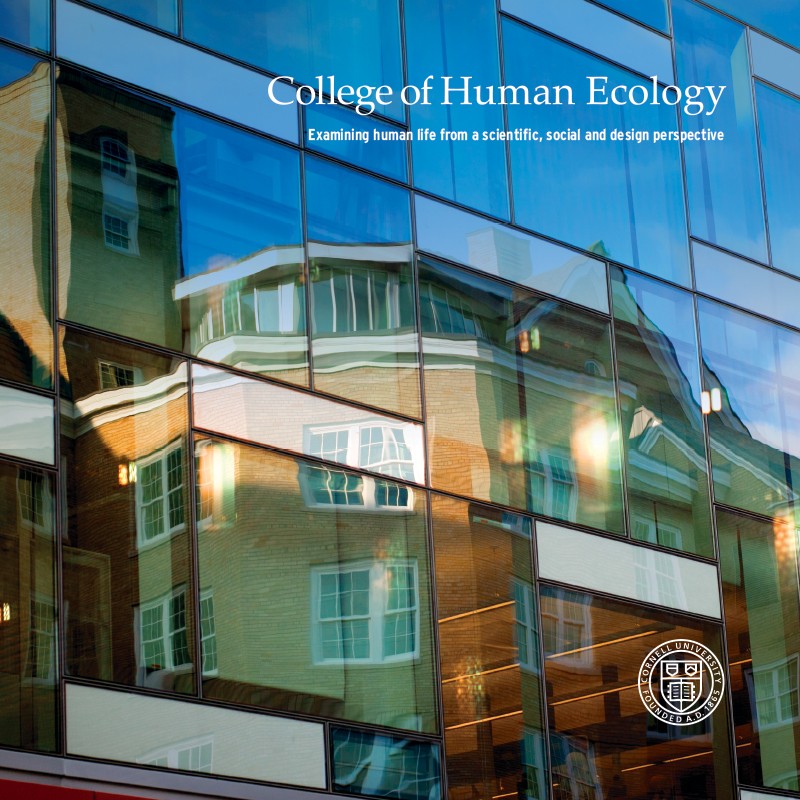
LEARN MORE
Read about our majors and how students and faculty are bringing their interests to life.
Explore the undergraduate viewbook*
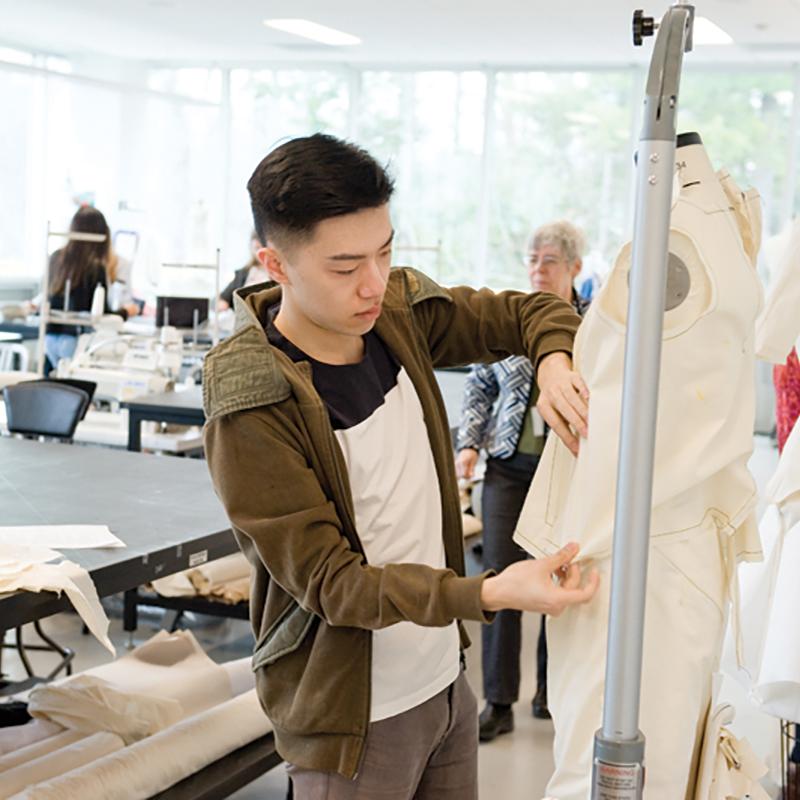
THE STUDENT EXPERIENCE
Student development, career development, off-campus study, undergraduate research and moreExplore student life
*Download the College of Human Ecology Viewbook version that is Americans with Disabilities Act compliant. PDF is 45MB in size.
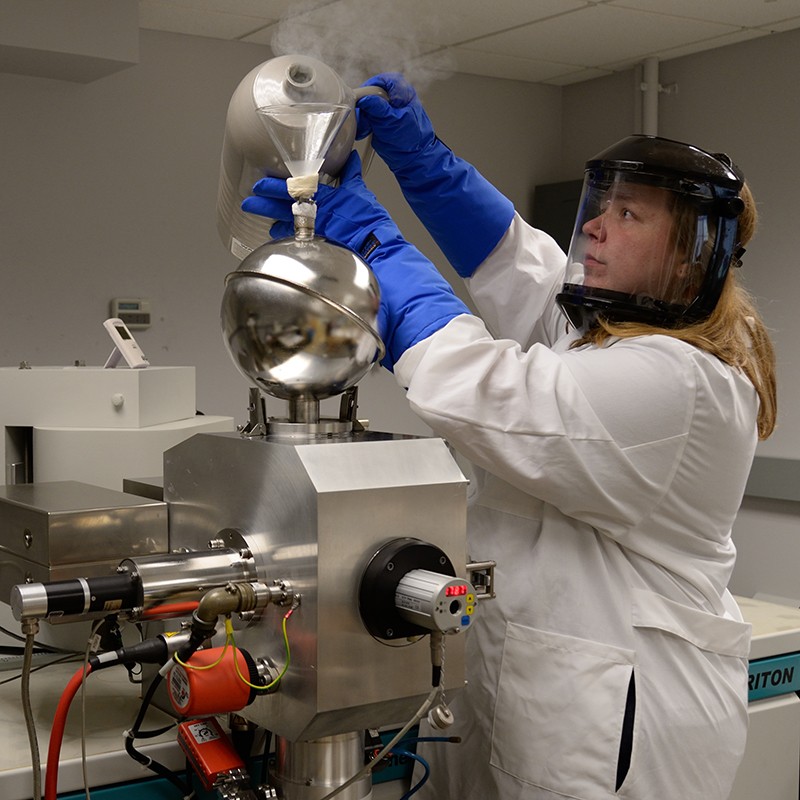
VIDEOS EXPLORING STUDENT RESEARCH AND OUR DEPARTMENTS
Find the college on social media using the #IAmHumEc hashtag.View videos
FOLLOW@CornellCHE
FUTURE STUDENTS CONNECT TODAY
Martha Van Rensselaer Hall
Ithaca, NY 14853Contact the College(607) 255-2446Directions
Follow Cornell Human Ecology
Web Accessibility AssistanceUniversity Privacy NoticeSitemap
© 2021 College of Human Ecology